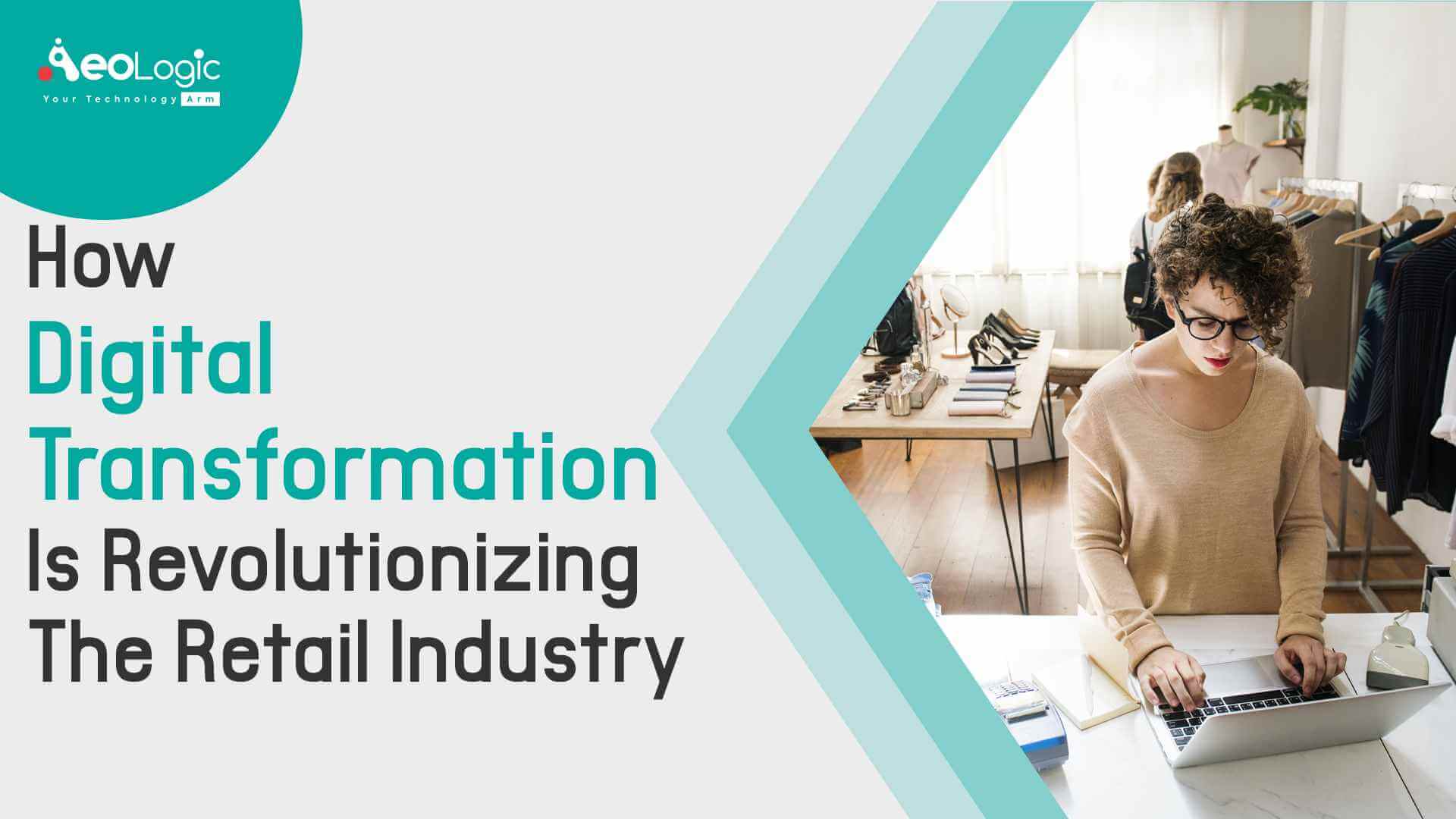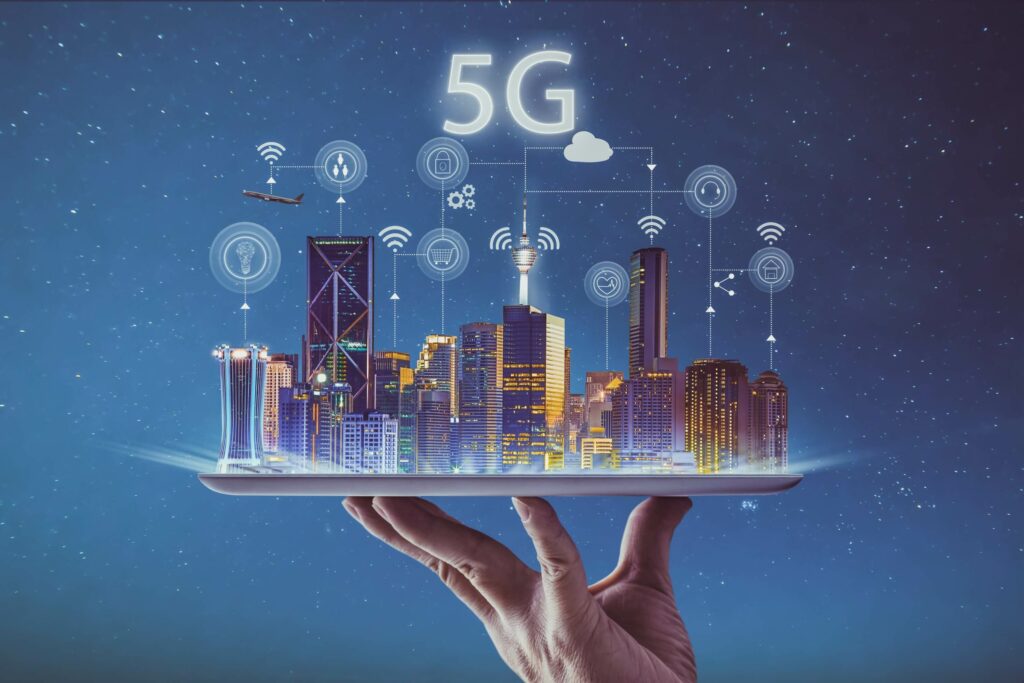How IT is revolutionizing the retail industry

The retail industry has witnessed a paradigm shift in recent years, thanks to rapid advancements in Information Technology (IT). From improving supply chain efficiency to personalizing customer experiences, IT is revolutionizing retail in ways that were once unimaginable. In this in-depth article, we will explore the numerous ways IT is transforming the retail landscape, helping businesses stay competitive in a rapidly evolving market.
The Power of Big Data
One of the most significant IT advancements in retail is the rise of big data. Retailers can now collect, analyze, and interpret vast amounts of information, enabling them to make data-driven decisions and implement targeted marketing campaigns. By leveraging data analytics, retailers can gain valuable insights into consumer behavior, preferences, and trends, which ultimately results in increased sales and customer satisfaction.
Artificial Intelligence and Machine Learning
The adoption of artificial intelligence (AI) and machine learning (ML) technologies has allowed retailers to automate various aspects of their operations, leading to increased efficiency and reduced costs. From chatbots providing instant customer support to recommendation engines personalizing shopping experiences, AI and ML are changing the way retailers interact with their customers. Additionally, these technologies enable more accurate demand forecasting, optimized inventory management, and dynamic pricing strategies.
Internet of Things
The Internet of Things (IoT) is another technological advancement that has made a significant impact on the retail industry. By integrating IoT devices and sensors, retailers can monitor and manage various aspects of their operations in real-time, leading to improved efficiency, reduced costs, and better decision-making. Examples of IoT applications in retail include smart shelves that automatically update inventory levels, RFID tags that enable real-time tracking of products, and intelligent lighting systems that save energy.
Augmented and Virtual Reality
Augmented Reality (AR) and Virtual Reality (VR) technologies have given retailers the opportunity to create immersive and interactive shopping experiences. Through AR and VR, customers can virtually try on products, explore store layouts, and access additional product information, all from the comfort of their homes. These technologies have proven to be particularly useful during the COVID-19 pandemic when traditional in-store shopping was restricted.
Mobile Commerce
The ubiquity of smartphones has paved the way for the growth of mobile commerce, allowing customers to shop anytime, anywhere. Retailers have adapted to this trend by developing user-friendly mobile applications and mobile-responsive websites, offering features such as in-app purchasing, personalized promotions, and location-based services. Mobile commerce not only provides convenience to customers but also allows retailers to collect valuable data to enhance their marketing strategies.
Omnichannel Retailing
In today’s digital age, customers expect seamless shopping experiences across multiple channels, both online and offline. Omnichannel retailing has emerged as a vital strategy for retailers to meet these expectations, integrating various touchpoints to create a cohesive and consistent customer journey. From social media shopping to buy online, pick up in-store (BOPIS) options, retailers are leveraging IT to provide a unified shopping experience that caters to the needs of modern consumers.
Blockchain Technology
Blockchain technology, known for its decentralized and secure nature, offers numerous benefits to the retail industry. From improving supply chain transparency to preventing counterfeit products, blockchain enables retailers to build trust with their customers and streamline their operations. Additionally, blockchain can facilitate secure and efficient cross-border payments, making international transactions hassle-free and cost-effective.
Robotic Process Automation
Robotic Process Automation (RPA) is a game-changer in the retail industry, enabling businesses to automate repetitive tasks and reduce human error. By implementing RPA, retailers can streamline various processes, such as inventory management, order processing, and customer support, leading to improved efficiency and cost savings. RPA also frees up staff members to focus on more strategic tasks, fostering innovation and growth within the organization.
Cloud Computing
The adoption of cloud computing in the retail sector has provided businesses with a flexible and scalable IT infrastructure that can easily adapt to changing market demands. Cloud-based solutions allow retailers to access real-time data, enhance collaboration among teams, and reduce IT costs. By migrating to the cloud, retailers can also ensure better data security and business continuity in the face of unforeseen events.
Social Media Integration
Social media has become an integral part of the retail landscape, providing businesses with an effective platform to connect with their customers and promote their products. Retailers are increasingly leveraging social media for targeted advertising, influencer marketing, and real-time customer engagement, leading to increased brand awareness and loyalty. Furthermore, social media platforms are evolving into shopping destinations, with features like shoppable posts and in-app checkout, blurring the lines between social networking and online retail.
Conclusion
As we have explored in this article, Information Technology is undeniably revolutionizing the retail industry, offering innovative solutions that enhance customer experiences and streamline operations. By embracing these advancements and staying informed of emerging trends, retailers can successfully navigate the ever-changing retail landscape and remain competitive in a digital world. The future of retail is driven by technology, and businesses that adapt and evolve will undoubtedly reap the benefits of this exciting transformation.






Responses